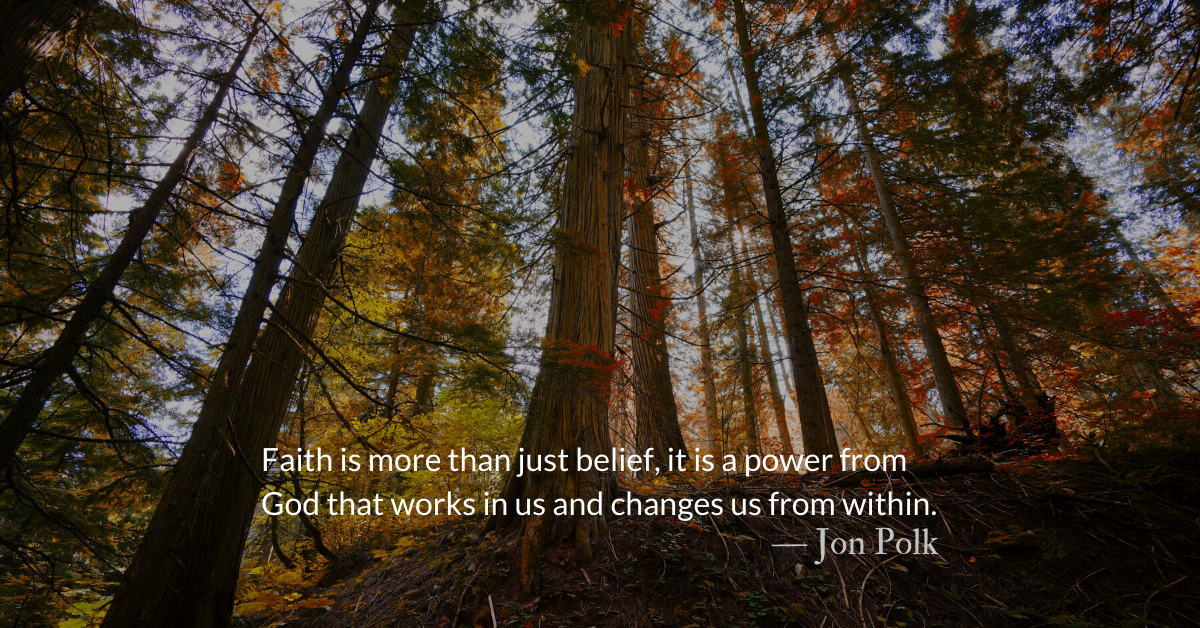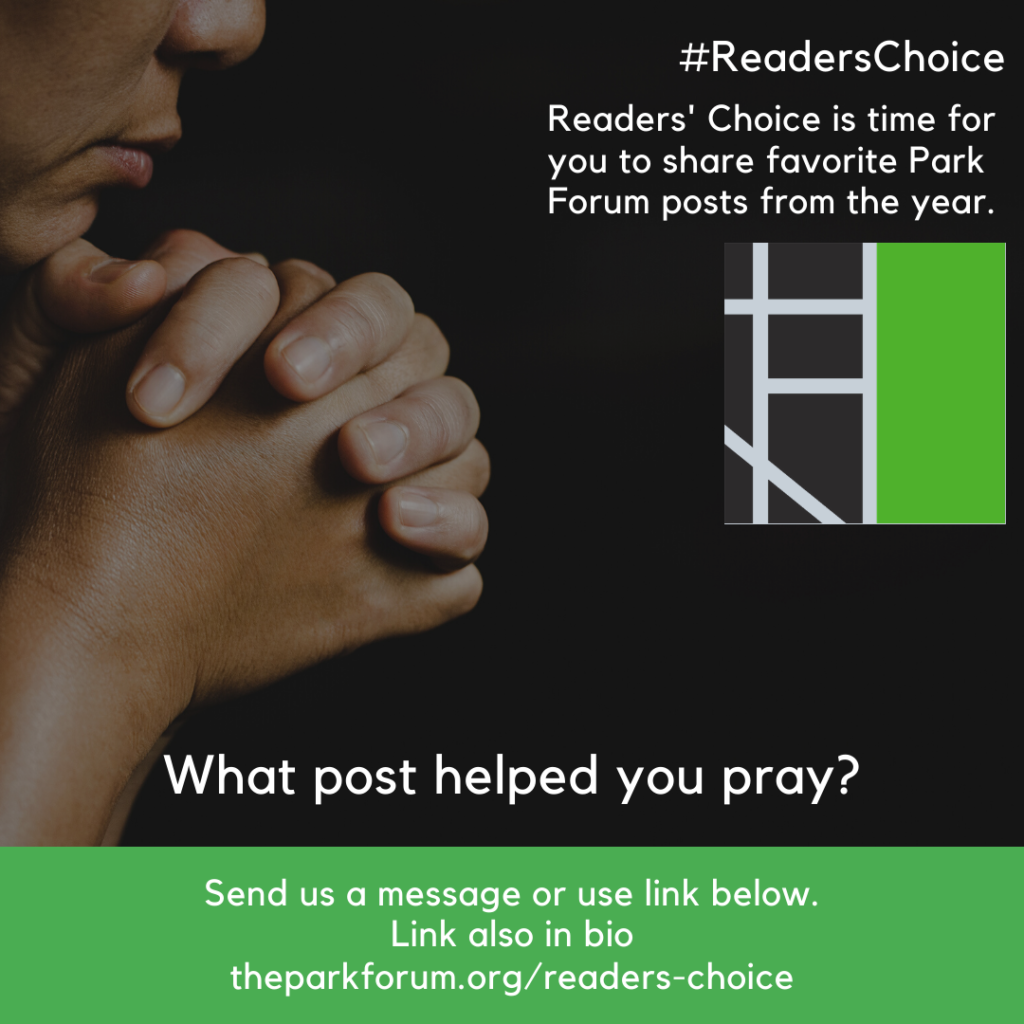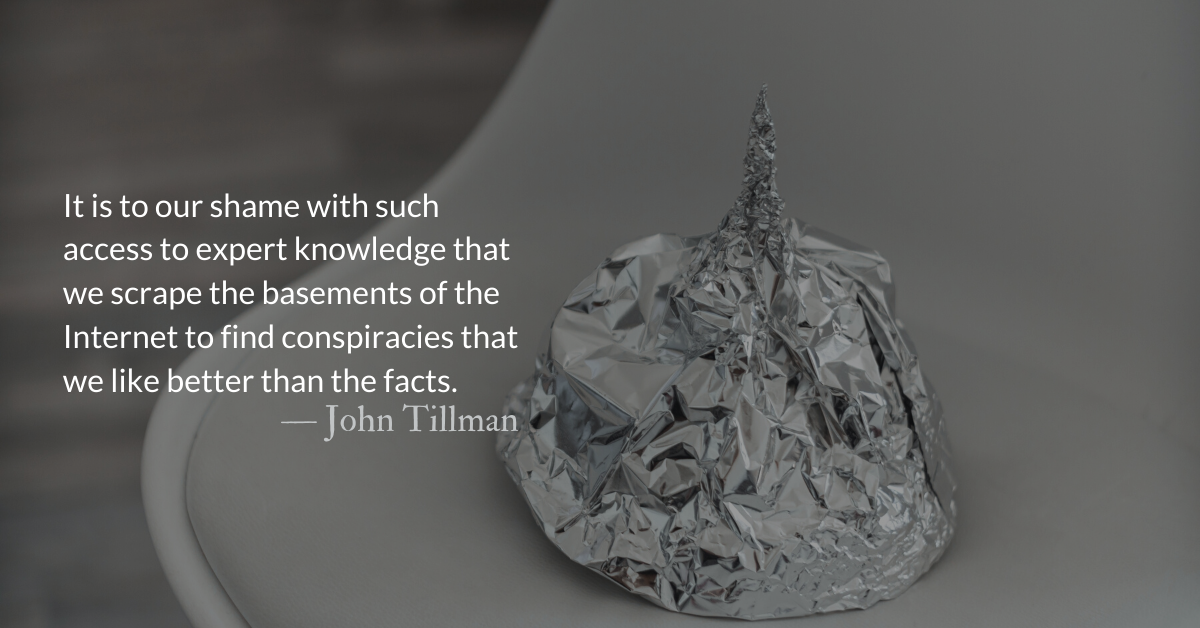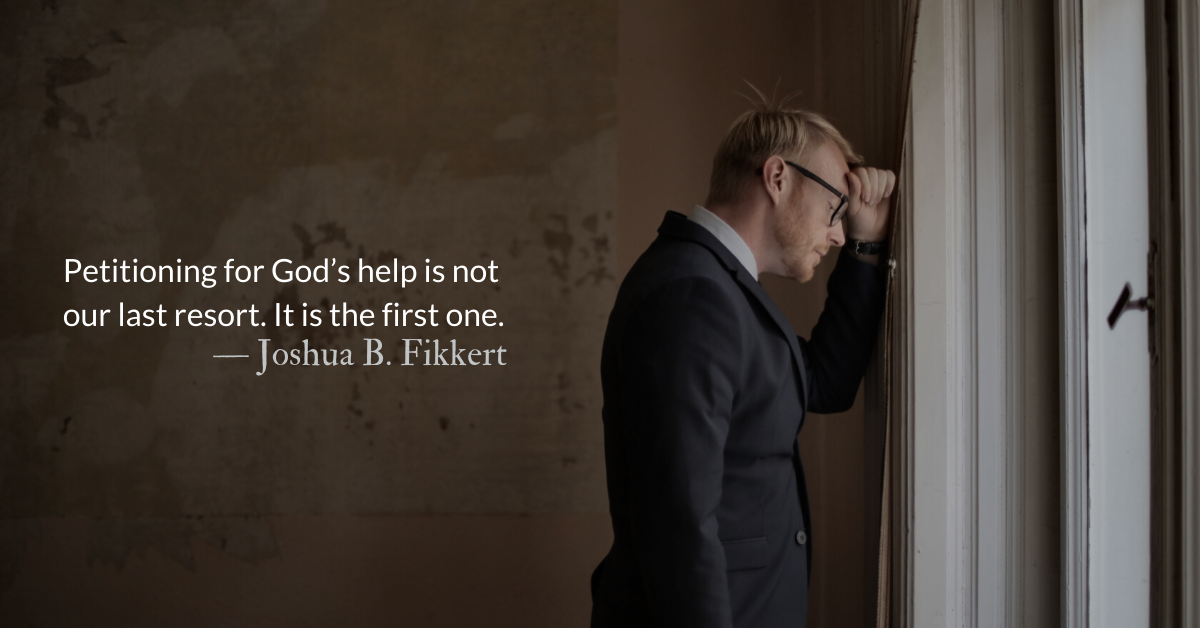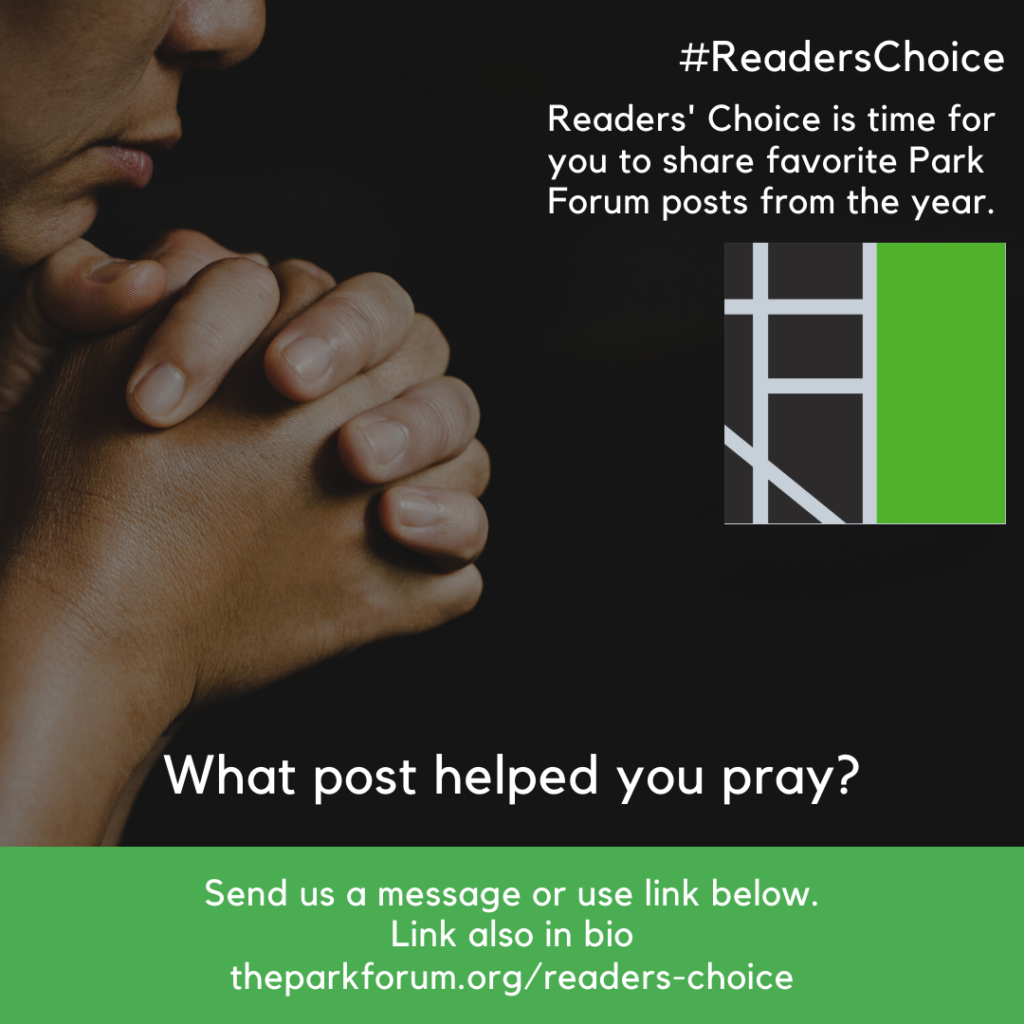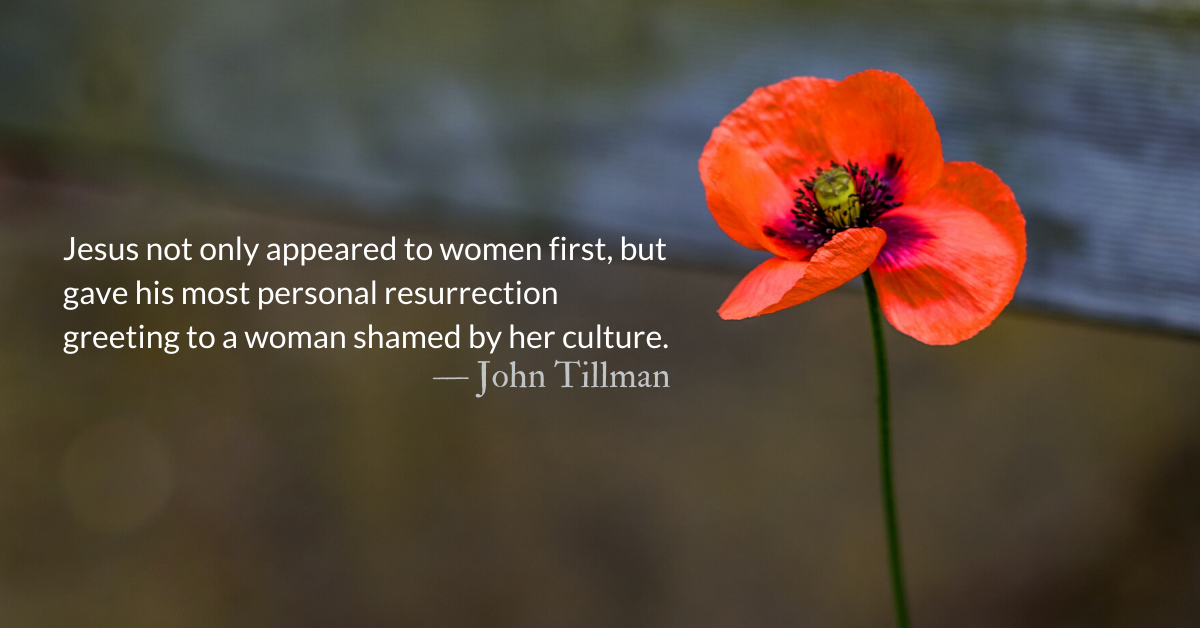Selected by reader, Rhoda Reynolds
I really like the guided prayers and shared this with others. The thoughtfulness of this one touched my heart.
Originally published, April 22, 2020, based on readings from Ecclesiastes 9 & Titus 1.
Scripture Focus: Ecclesiastes 9.3-4
3 This is the evil in everything that happens under the sun: The same destiny overtakes all. The hearts of people, moreover, are full of evil and there is madness in their hearts while they live, and afterward they join the dead. 4 Anyone who is among the living has hope—even a live dog is better off than a dead lion!
Titus 1.1-3
1 Paul, a servant of God and an apostle of Jesus Christ to further the faith of God’s elect and their knowledge of the truth that leads to godliness— 2 in the hope of eternal life, which God, who does not lie, promised before the beginning of time, 3 and which now at his appointed season he has brought to light through the preaching entrusted to me by the command of God our Savior
Reflection: Make No Peace With Death—Readers’ Choice
By John Tillman
With all his wisdom, Solomon, the teacher, recognized that God had set eternity in the human heart (Ecclesiastes 3.11) but in some writings seemed to barely hold a glimpse of what God had in mind for humanity in eternity.
Solomon’s conclusion about death is not that dissimilar at times from billionaire tech giants of today (our culture’s definition of “wise men”) who see death as an evil that should be eradicated.
In 2018, Jacob Banas wrote about the cultish obsession of tech giants with longevity and defeating death:
“Traditional religion in the Bay Area is being replaced with…a belief in the power of technology and science to save humanity,” …Combine this…with leaders who are too young to find peace in the concept of death and who haven’t experienced the kinds of traumas that might inoculate them against some of that fear? You get a perfect storm of longevity obsession.”
When we look closer at the supposedly altruistic goals of “life extension” or “defeating death” we barely scrape the surface before uncovering the primary motivator—greed and the continued accumulation of wealth.
The billionaire class is on a very real quest to create a new breed of altered humans who will live longer with greater ability to accumulate even more wealth and consolidate even more power. Sean Parker warned at a fundraiser for cancer research that wealth disparity will eventually create a “Class of Immortal Overlords.” He quipped, “Give us billionaires an extra hundred years and you’ll know what … wealth disparity looks like.”
The only correct thought about death that these tech giants have is that death is an enemy. The Christian does not make peace with death. Death is the final enemy to be defeated.
The difference for believers is that we, unlike Solomon, are certain that death is defeated. (Titus 1.1-3) Death’s sting has no venom for the believer and his victory is as hollow as Jesus’ tomb. (1 Corinthians 15:54-56; Hosea 13:14; Isaiah 25:8) Death which Solomon called “evil” is to us but a door leading the presence of God.
Death is not kind nor a friend. He is not to be smiled at or joked with. He intends to make us suffer. But like the thief on the cross, if we have the simplest and smallest faith in Christ, on the other side of death we will be embraced by our truest friend, Jesus.
Further Reading:
The Men Who Want to Live Forever — By Dara Horn
Sean Parker Says Wealth Disparity Will Create a ‘Class of Immortal Overlords’ — By Billy Perrigo
Seeking eternal life, Silicon Valley is solving for death — By W. Harry Fortuna
Divine Hours Prayer: A Reading
Jesus taught us, saying: “Sell your possessions and give to those in need. Get yourselves purses that do not wear out, treasure that will not fail you, in heaven where no thief can reach it and no moth destroy it. For where your treasure is, there is where your heart will be too.” — Luke 12.33-34
– Divine Hours prayers from The Divine Hours: Prayers for Summertime by Phyllis Tickle
Today’s Readings
Jeremiah 40 (Listen – 3:50)
Psalms 15-16 (Listen – 2:03)
#ReadersChoice is time for you to share favorite Park Forum posts from the year.
What post helped you forgive?
https://forms.gle/DsYWbj45y9fCDLzi7

Read more about Too Much to Hold
Death’s jaws, snake-like, that swallow worlds
Cannot contain their maker
Christ is too sweet to see decay
The monster gets no supper


